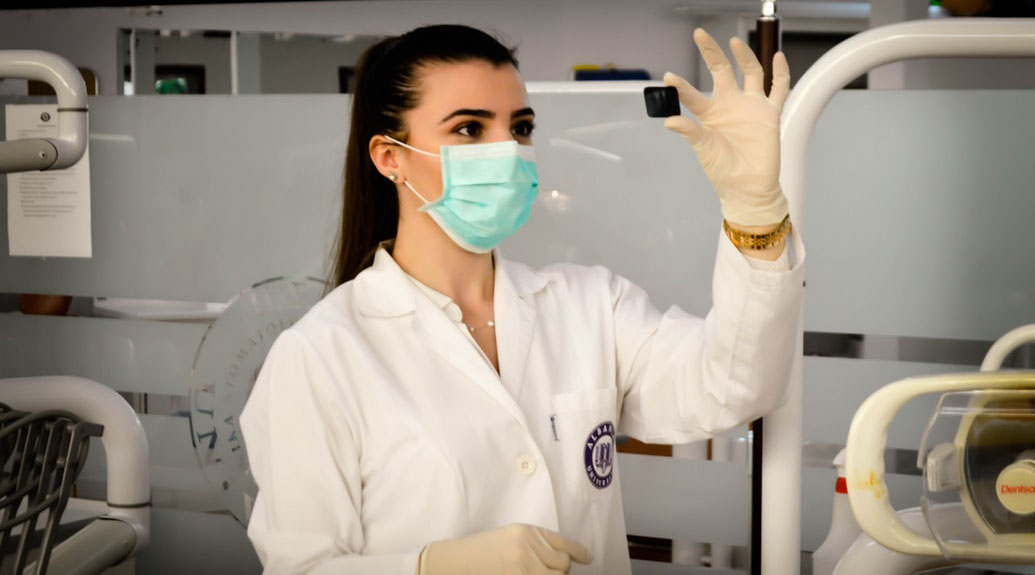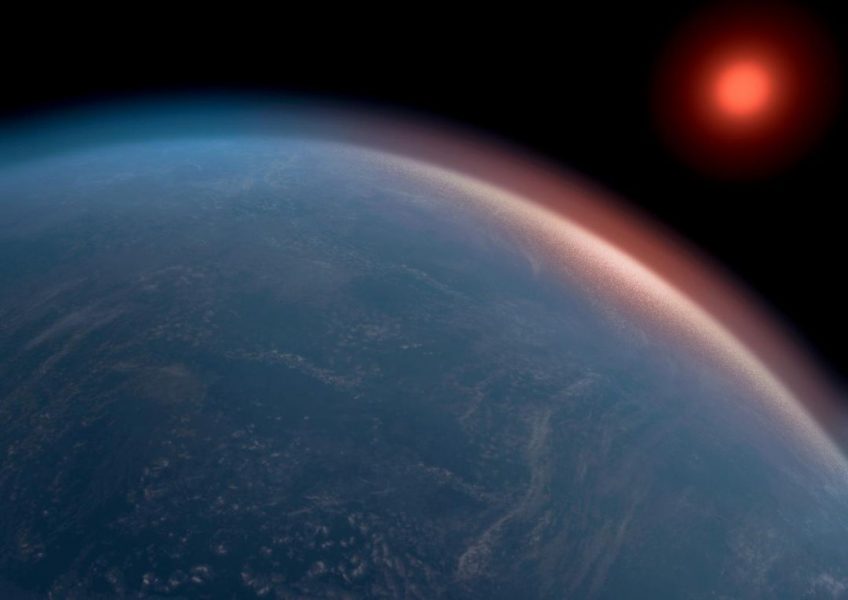A political theorist argues that overpopulation concern is not a morally defensible reason to stifle life-extending interventions as the climate warms.



A political theorist argues that overpopulation concern is not a morally defensible reason to stifle life-extending interventions as the climate warms.

Scientists are delving into the future of hair loss treatments, from macromolecules to laser therapies and CRISPR gene editing.

Scientists are exploring how to store and transport ready-to-use bioink cartridges to treat injuries on the International Space Station.

Researchers have successfully induced a hibernation-like state in non-hibernating rodents, suggesting the possibility of synthetic hibernation for humans.

How should doctors navigate murky ethical territory throughout the COVID-19 pandemic?

Researchers have mapped the immune response of one of Australia’s first COVID-19 patients.

Older individuals in low- and middle-income countries are considered to be the most vulnerable to COVID-19 but have yet to be properly acknowledged in global planning for the disease.

A new route to synthesize plastics not only moves away from fossil fuels but enhances the likelihood of recycling.

A wireless acoustic sensor that can be worn over fur could be especially useful for monitoring the vital stats of working animals such as sniffer dogs.

New evidence suggests that an exoplanet discovered in 2015 has interior conditions that could support the existence of life.